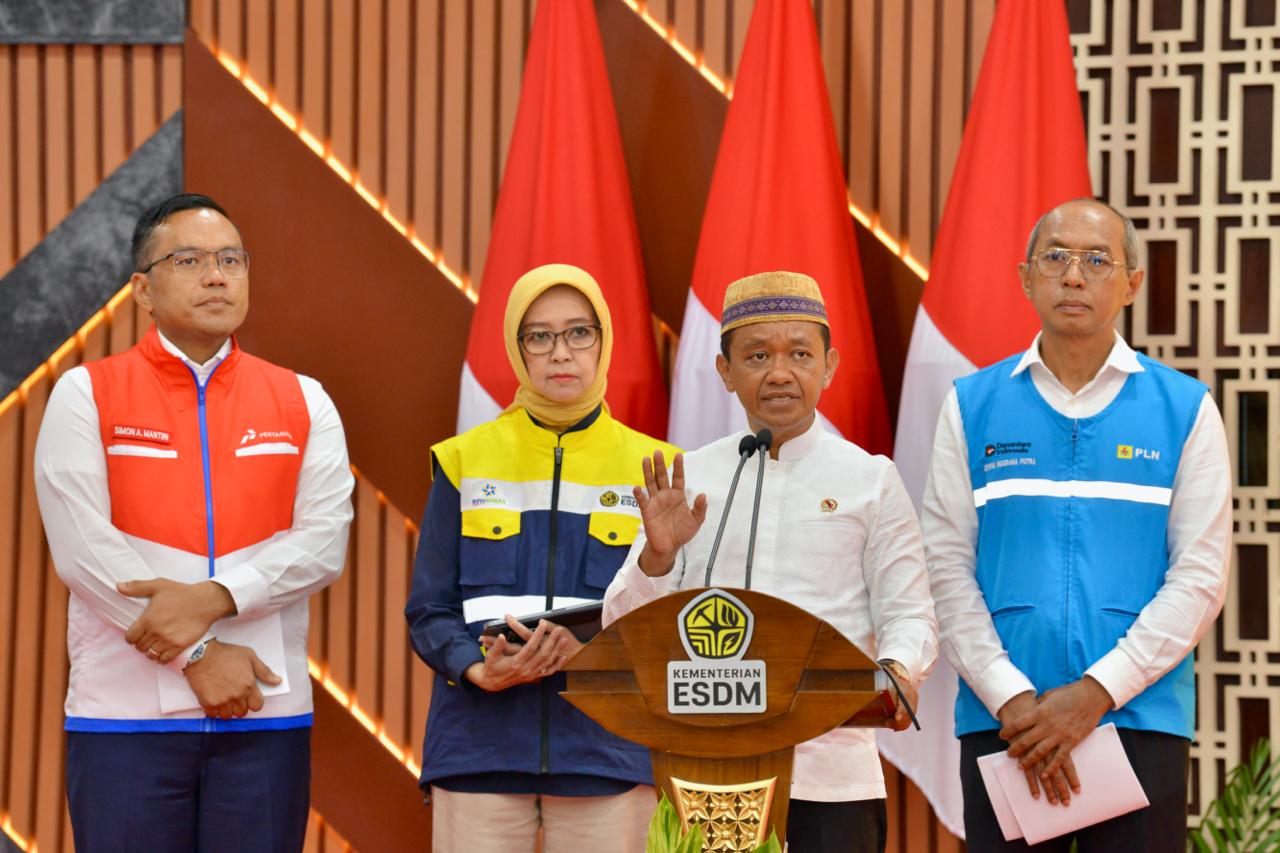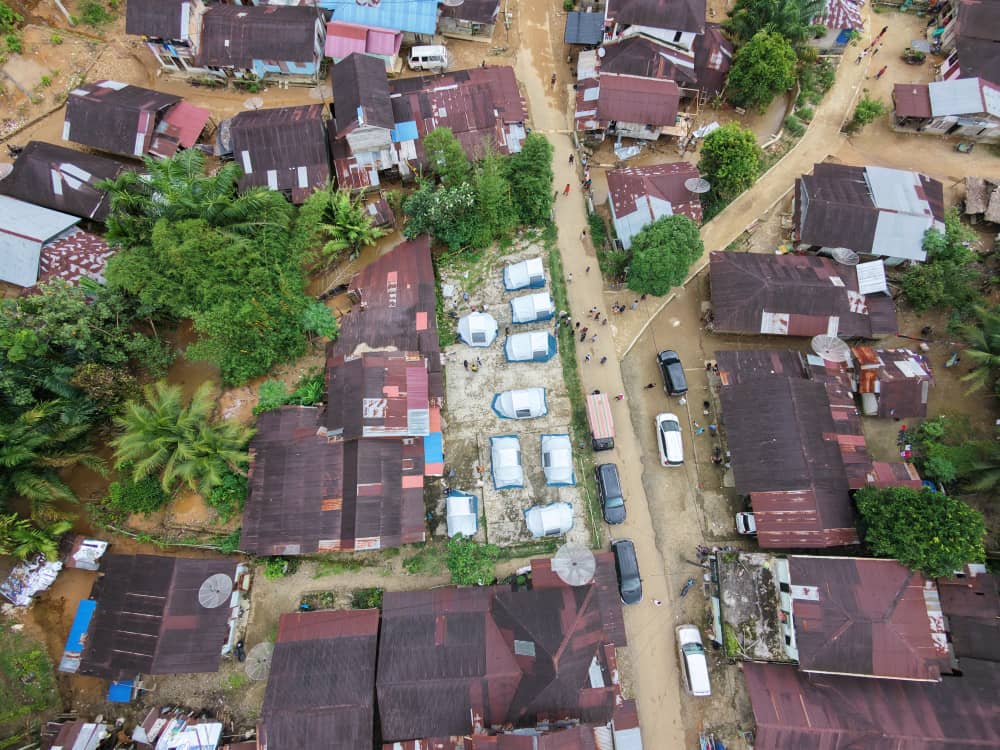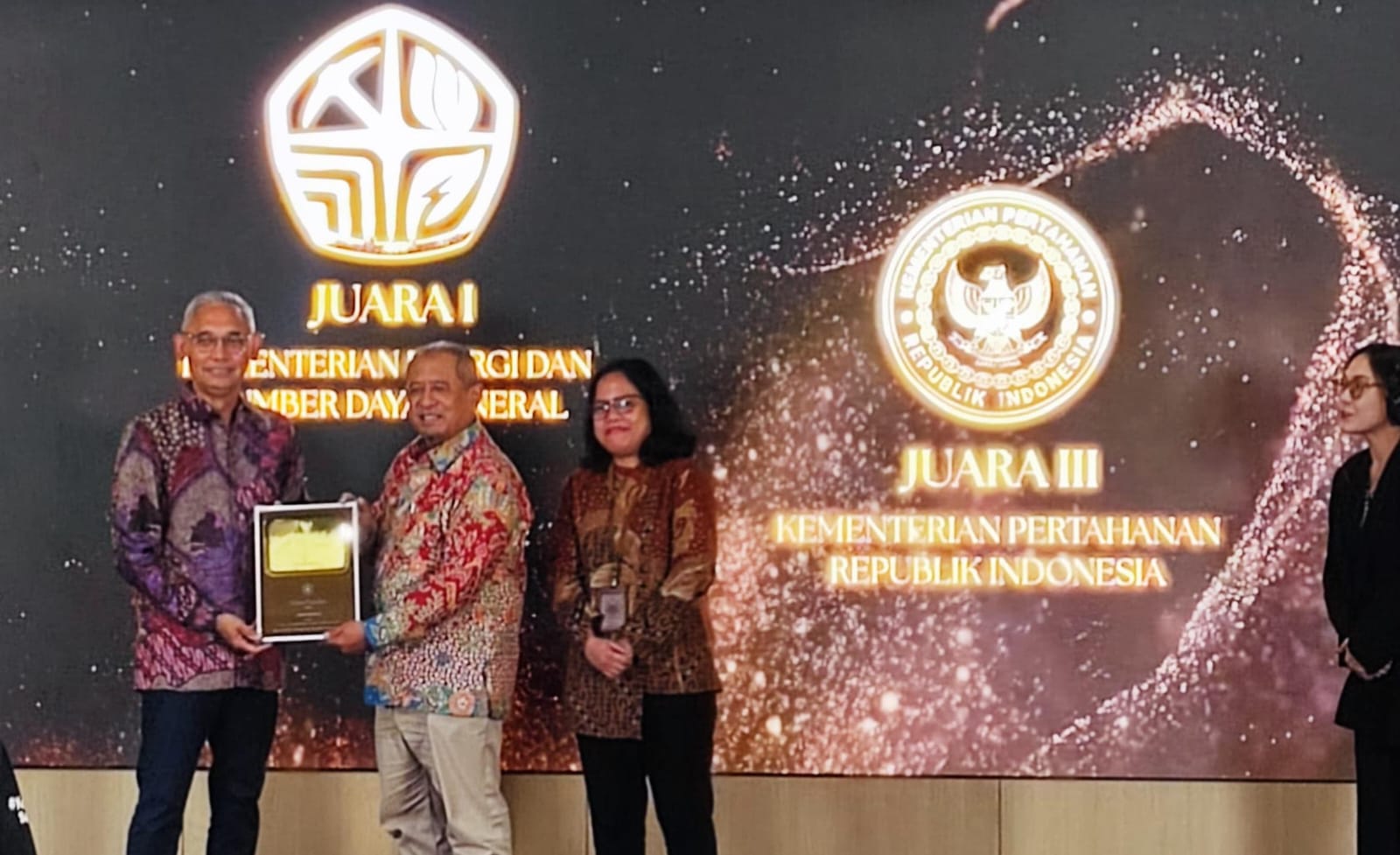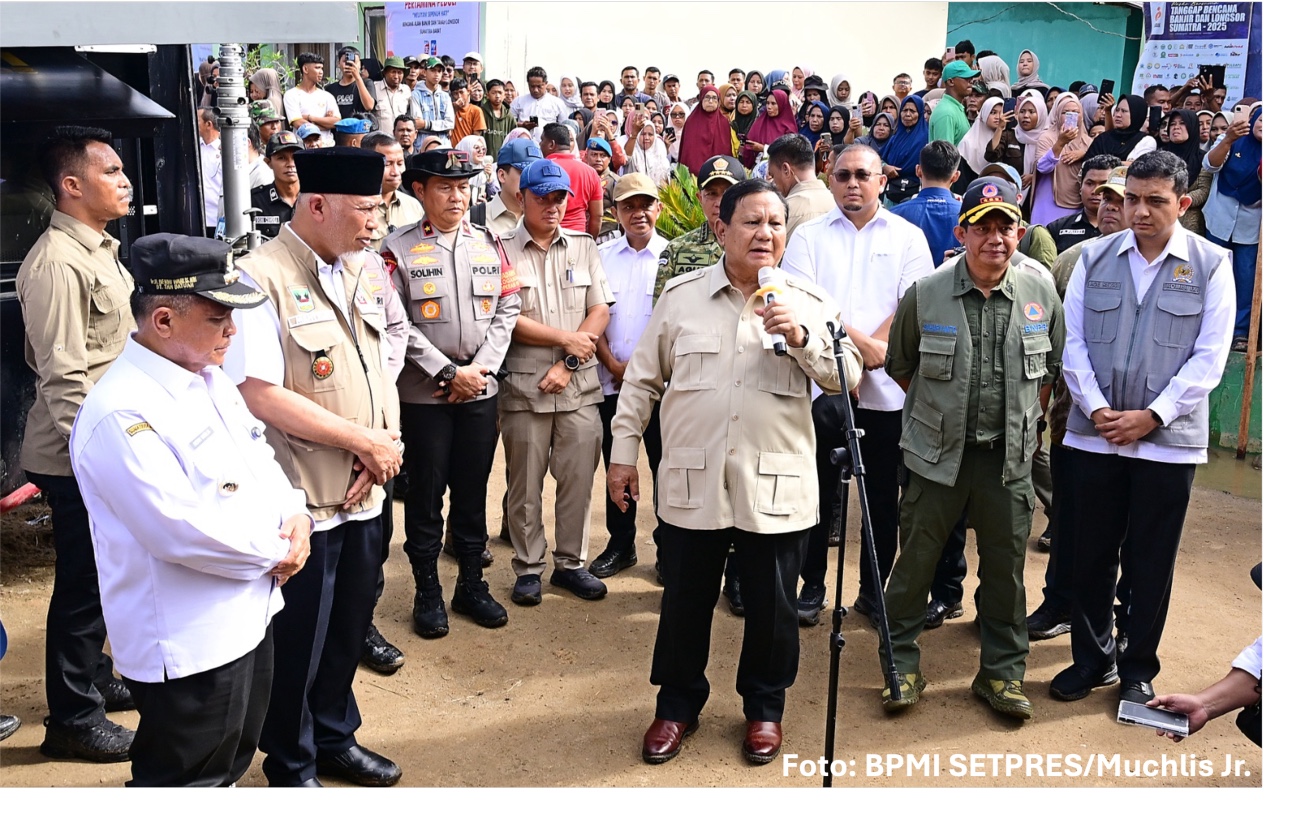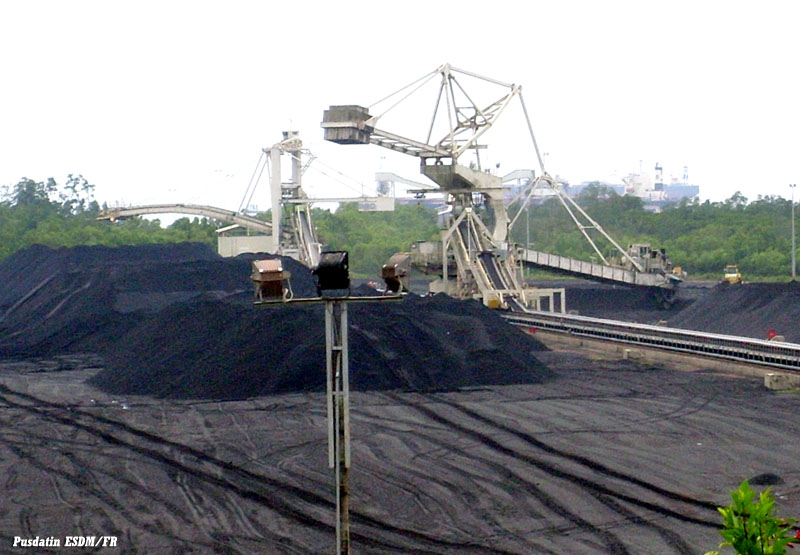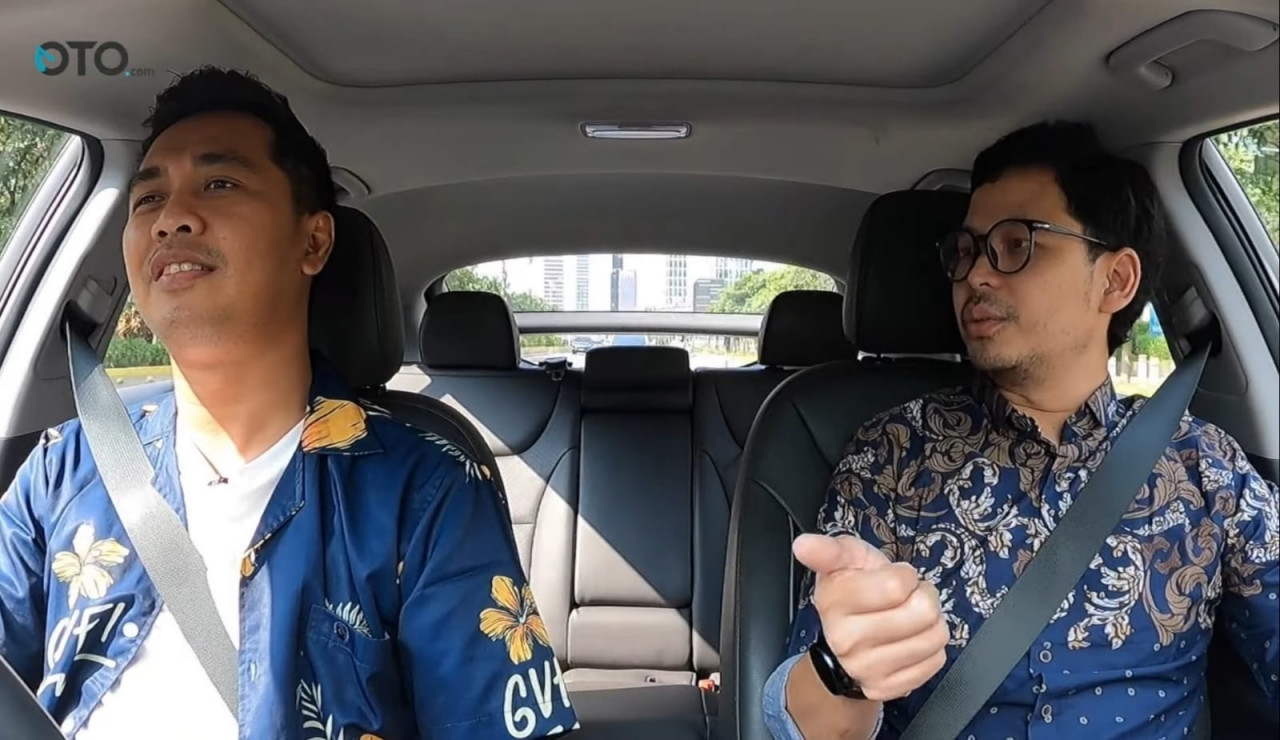
EV Program Overcomes Gasoline Imports, Official Says
MINISTRY OF ENERGY AND MINERAL RESOURCES
REPUBLIC OF INDONESIA
PRESS RELEASE
NUMBER: 452.Pers/04/SJI/2021
Date: 12 December 2021
EV Program Overcomes Gasoline Imports, Official Says
The acceleration of the electric vehicle program will help reduce fuel imports and improve national energy security.
"To deal with imports of diesel fuel, we have successfully adopted the mandatory policy of B30, or blending 30% of biodiesel into diesel fuel. Meanwhile, one of the efforts to overcome imports and increased demand for gasoline is through the acceleration of the electric vehicle program," said Ariana Soemanto, Coordinator for Communication and Public Information of the Ministry of Energy and Mineral Resources (EMR) as quoted from the YouTube podcast 'The Official Oto' which was uploaded on December 1, 2021.
In the National Grand Energy Strategy, it is projected that by 2030 the number of electric cars will reach around two million units and electric motorcycles thirteen million units. In the same year, the number of charging stations (SPKLU) is targeted to touch about 30,000 units and battery swap stations (SPBKLU) about 67,000 units.
The government has set up various activities to support the acceleration of the electric vehicle program. On the regulatory aspect, the government has issued Presidential Regulation Number 55 of 2019 on the Acceleration of the Battery Electric Vehicles Program for Road Transportation, and Regulation of Minister of EMR Number 13 of 2020 on the Provision of Charging Infrastructure for Battery Electric Vehicles.
Regarding tax incentives, a 0% sales tax on luxury goods (PPnBM) is applied to battery electric vehicles (BEV) or fuel-cell electric vehicles. About EV industry, an EV battery plant is being constructed in Karawang, West Java. Through the Indonesia Battery Corporation (IBC), the government wants to build EV industry ecosystems because Indonesia's nickel production is one of the largest in the world.
The government has also designed three business schemes for SPKLU. The first scheme is provider scheme, where SPKLU businesses generate electricity by itself and sell the electricity to consumers. The second scheme is retailer scheme, that is, SPKLU businesses buy electricity from state electricity company PLN or other providers and sell the electricity to EV consumers, and the third scheme is cooperation scheme, which means SPKLU businesses partner with PLN or other providers in selling electricity to EV consumers. Ministerial Regulation Number 13 of 2021 contains detailed provisions for SPKLU business.
In terms of EV charging cost, PLN provides a 30% discount rate for EV owners from 10.00 p.m. to 05.00 a.m. to charge their cars at home. Additionally, EV owners can also add power for home charging at a much lower fee. If an EV is charged at SPKLU, the tariff for fast charging or ultra-fast charging is set at Rp2,460 per kWh, or lower than the tariff in other countries which averages at Rp5,000 per kWh. In the US, EV charging tariff is between Rp4,010 and Rp10,247 per kWh.
"The fuel cost of an EV is lower. For example, our mileage is 30 kilometers per day. A conventional car consumes about 2.5 liters of Pertalite gasoline, or Rp20,000, to travel the 30 kilometers distance. If you drive an EV, you'll spend about Rp7,000, plus your car is emission-free and environmentally friendly. Another benefit is that if you use an EV, you are exempt from the odd-even rule," Ariana concluded. (IY)
Head of Bureau of Communication, Public Information Services, and Cooperation
Agung
Pribadi (08112213555)
Share This!


